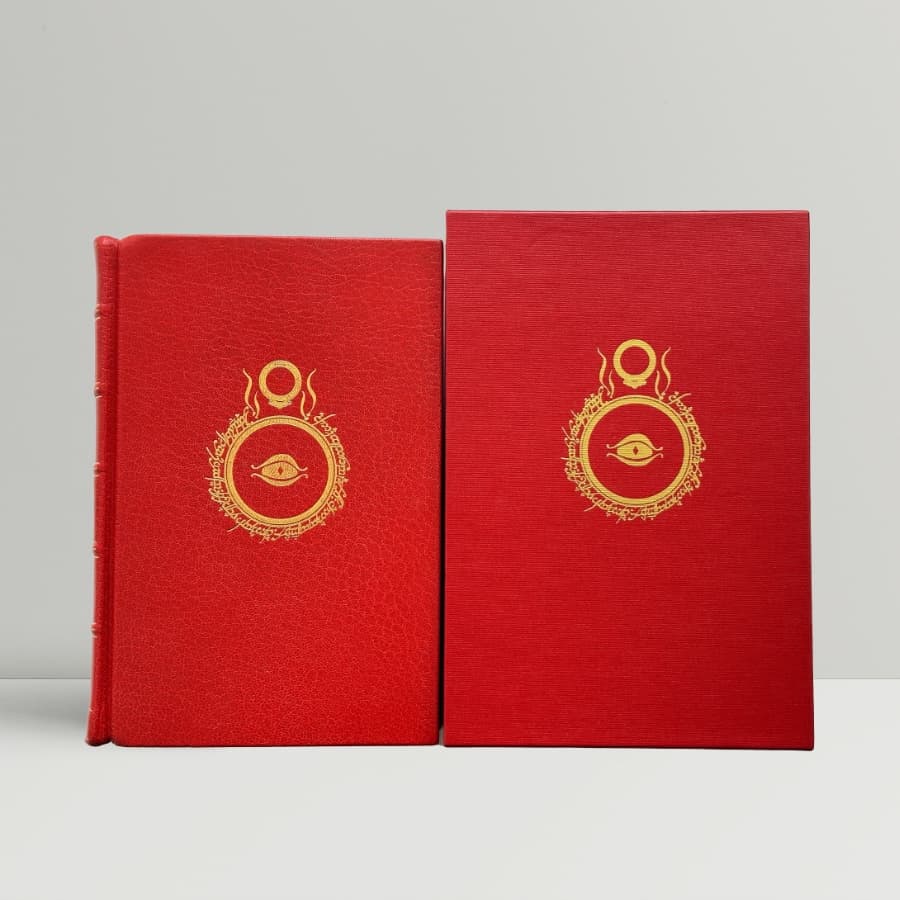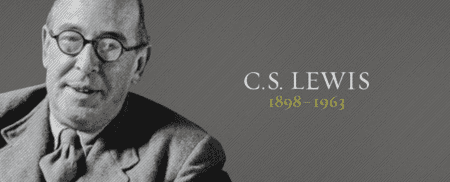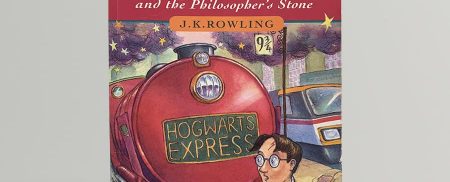J R R Tolkien’s ‘The Lord of the Rings’
“The Lord of the Rings” by J R R Tolkien stands as one of the most culturally significant works of literature in the 20th century, leaving an indelible mark on popular culture, fantasy literature, and the collective imagination of readers worldwide. With its richly imagined world, compelling characters, and timeless themes, Tolkien’s epic saga has transcended the realm of fiction to become a cultural phenomenon with far-reaching influence. In this exploration of its cultural impact, we delve into the enduring legacy of “The Lord of the Rings” and the ways in which it has shaped and inspired various aspects of society.
First and foremost, “The Lord of the Rings” has had a profound impact on the fantasy genre, serving as a benchmark against which all subsequent works are measured. Tolkien’s meticulously crafted world of Middle-earth, complete with its diverse races, languages, and histories, set a new standard for world-building in fantasy literature. The depth and complexity of Middle-earth have inspired countless authors to create their own immersive fantasy realms, from George R.R. Martin’s Westeros to J.K. Rowling’s Wizarding World. The archetypes and tropes established by Tolkien, such as the hero’s journey, the battle between good and evil, and the quest for power, have become staples of the genre, shaping the narratives of countless fantasy stories.
Beyond literature, “The Lord of the Rings” has exerted a profound influence on popular culture, permeating film, television, music, and art. Peter Jackson’s film adaptations of the trilogy, released between 2001 and 2003, brought Tolkien’s epic tale to the silver screen with stunning visual effects, epic battles, and unforgettable performances. The films garnered critical acclaim and commercial success, introducing Middle-earth to a new generation of fans and solidifying its place in cinematic history. The iconic imagery of hobbits, elves, dwarves, and the One Ring has become ingrained in popular consciousness, spawning countless memes, parodies, and references in popular media.
Moreover, “The Lord of the Rings” has left its mark on language and linguistics, thanks to Tolkien’s expertise as a philologist and creator of fictional languages. J R R Tolkien developed several languages for the inhabitants of Middle-earth, including Elvish, Dwarfish, and the Black Speech of Mordor, each with its own grammar, vocabulary, and phonology. His meticulous attention to linguistic detail has inspired language enthusiasts and conlangers (constructive language creators) to study and even learn these fictional languages, leading to the establishment of online communities, academic journals, and even language courses dedicated to Tolkien’s linguistic creations.
The cultural impact of “The Lord of the Rings” extends beyond literature and film to music, with numerous artists drawing inspiration from Tolkien’s epic saga. From progressive rock bands like Led Zeppelin, whose lyrics often reference Middle-earth and its characters, to contemporary artists like Enya, whose ethereal melodies evoke the enchanting landscapes of Tolkien’s world, the influence of Middle-earth can be heard in a wide range of musical genres. Additionally, Tolkien’s own poetry and songs, composed in the languages of Middle-earth, have been set to music by composers such as Donald Swann, further enriching the cultural tapestry of Tolkien’s legend.
In addition to its influence on popular culture, “The Lord of the Rings” has had a significant impact on academia and literary criticism. Tolkien’s work has been studied and analysed in fields ranging from literature and linguistics to philosophy and theology, with scholars exploring its themes, motifs, and cultural significance. The richness and complexity of Tolkien’s world have inspired academic conferences, research papers, and scholarly journals dedicated to the study of his life and works, ensuring that his legacy continues to be celebrated and examined by future generations of scholars and enthusiasts.
Furthermore, “The Lord of the Rings” has served as a source of inspiration and solace for countless readers around the world, offering a timeless tale of courage, friendship, and hope in the face of adversity. Tolkien’s themes of heroism, sacrifice, and the power of redemption resonate deeply with readers of all ages, providing comfort and guidance in times of uncertainty and darkness. The enduring popularity of “The Lord of the Rings” speaks to its universal appeal and the enduring power of storytelling to transcend cultural boundaries and connect people across generations.
The cultural impact of J.R.R. Tolkien’s “The Lord of the Rings” is vast and multifaceted, encompassing literature, film, music, language, academia, and popular culture. Through its richly imagined world, compelling characters, and timeless themes, Tolkien’s epic saga has left an indelible mark on society, inspiring generations of readers, artists, scholars, and fans around the world. As Middle-earth continues to captivate the collective imagination, “The Lord of the Rings” remains a timeless masterpiece that will endure for generations to come.
Click here for our first edition of ‘The Lord of the Rings’











